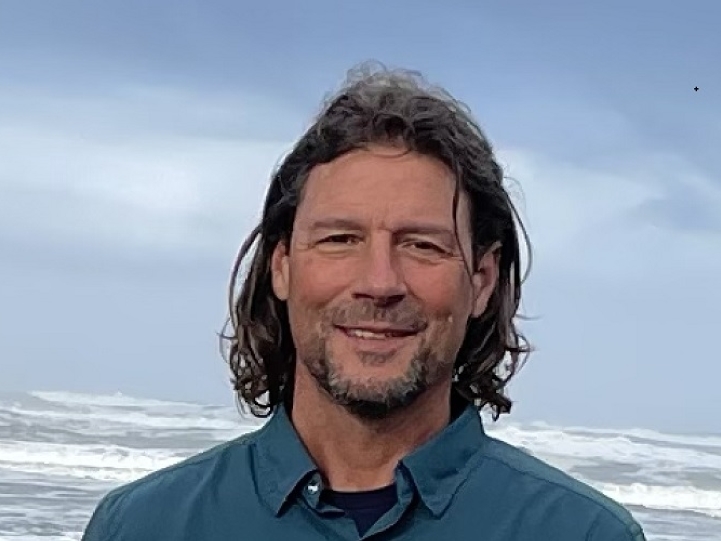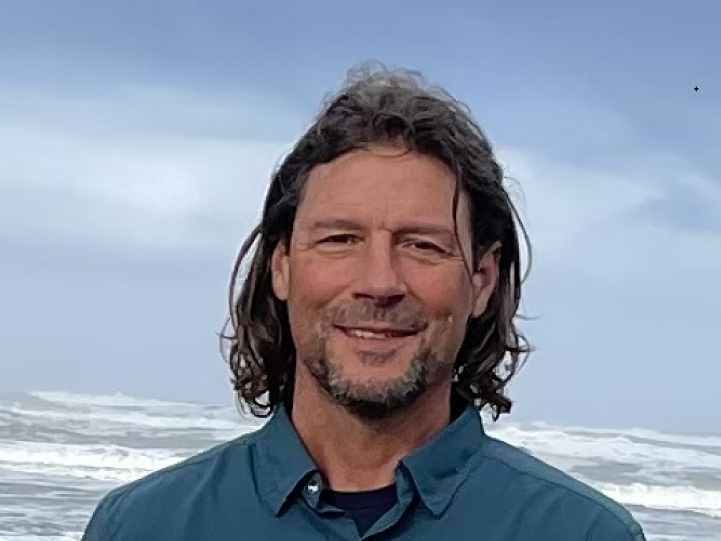
Wholism Is a Key to Academic Integrity
February 19, 2022
JCC Connexions, Vol. 8, No. 1, February 2022
Lessons in Moral Development Learned From a Sabbatical Adventure: An Ongoing Column in JCC Connexions
Pete Mather serves as the senior associate editor for the Journal of College and Character and is a professor in higher education and student affairs at Ohio University. He is providing this regular column in Connexions based on his 2021-2022 academic year sabbatical. During his sabbatical, Pete has been interviewing innovative thinkers about the future of student engagement in higher education, reading on the topic of higher education reform, and has been on a soul-searching mission to discover ways of encouraging best models of practice for today's and tomorrow's students. This column focuses on how higher education faculty and administrators can promote moral development in an evolving higher education environment.
Please see his reflection/adventure/sabbatical blog here.
Several years ago, I served as the co-advisor for the Honor Council at Duke University. In that role, I worked with the organization to promote the advancement of a culture of academic integrity. This was a rich opportunity to gain knowledge on best institutional practices to support the committed students who comprised the council as they attempted to advance integrity in academics among their peers.
Seeking Renewal
Now, over 20 years later, I am in the midst of an adventure that has helped me understand issues of character, including academic integrity, in a new way. I am currently on a faculty fellowship leave, commonly called a sabbatical. The ostensible reason for my sabbatical was to explore the future of student affairs. But, there was a secondary purpose as well–to renew and reorient my personal and professional life. My journey has involved travel throughout the Mountain States and the Pacific Northwest in my Subaru and a car top tent.
 Prior to setting out on this adventure, I was in the midst of some personal struggles. I have had a wonderful and enriching career, including leadership roles as well as recognition and success as a scholar, mentor, and teacher. With that said, I was not as successful in my personal life as I appeared to be professionally. As I considered how I would spend my sabbatical, a wise friend and colleague suggested that I go on a retreat. I heeded her advice and this idea of retreat turned into a year-long adventure.
Prior to setting out on this adventure, I was in the midst of some personal struggles. I have had a wonderful and enriching career, including leadership roles as well as recognition and success as a scholar, mentor, and teacher. With that said, I was not as successful in my personal life as I appeared to be professionally. As I considered how I would spend my sabbatical, a wise friend and colleague suggested that I go on a retreat. I heeded her advice and this idea of retreat turned into a year-long adventure.
Searching for Wholeness
At the halfway point of my sabbatical, I can best describe this experience as “living my best life.” I have experienced remarkable mountain views, and have had wonderful serendipitous encounters with other adventurers. I’ve hiked and climbed high mountains. I’ve flirted with cliff edges, and have rested on tranquil beaches of the Northern Pacific coast. I have reflected on my past and even tried my hand at writing poetry. I’ve considered what is the best of my life and work, with a hope of translating these visions to a promising final decade of my professional life and beyond.
One way I have thought about my adventure is to frame it as a search for wholeness. And this relates to the topic of academic integrity. According to the Merriam-Webster dictionary, the first definition of integrity relates to honesty and morality. The second is “The state of being complete or whole.” I suggest that behaviors related to academic dishonesty are a product of the disintegration of the whole person. That is to say, the first and second definitions of integrity are intimately woven together. In higher education, much like other contemporary institutions, we often attempt to solve problems by focusing on the symptoms, and not examine the foundations or the heart and soul of the problem.
Pursuing Success
Peter Block (2009) has asserted that the social problems we face in modern life can be conceived as fundamentally a breakdown of our social fabric. Put another way, it is the breakdown of the integrity of our social fabric. The breakdown of integrity, both personal and social, within higher education is prevalent. Within institutions of higher education, we are bred to be institutional agents rather than members of a community. We are often obsessed with the next promotion or the defense of our professional image. And we pass this ethic onto others. We mentor younger professionals by telling them it is important to play the game by the rules, and the rules often include suppression of their individuality, or their integrity. It is common to hear from our leaders that “higher education is a business,” when it fundamentally is not. We are admonished to give loyalty to our institutions first. Matters of integrity or personal wholeness come in a distant second on the road to institutional and professional success. Denying one’s truth ultimately results in a lack of respect for the truth when it stands in the way of the pursuit of professional or personal success.
Experiencing the Deep Connections
Among the benefits of my sabbatical is the opportunity to step away from my institutional life and into an inevitable confrontation with myself. In my mountain adventures, I have both been exposed to the beauty of the natural world and been introduced to a version of myself that is too often camouflaged in the world of the university. Above all, I have recognized my interdependence with the world. I have driven through the smoke from rampant forest fires in the West–a product of social reliance on fossil fuels. I have experienced the joy of living in simplicity. I have also felt the pain of being alone, which is often mitigated even by micro-moments of interaction with fellow travelers. These deep connections with myself, other human beings and the natural world have led me to a kind of fulfillment that has been rare to find in the midst of the rules of the game in the contemporary academy.
Integrity shows up in my adventure, because it is hard to avoid. The smokescreen of professional polish and past accolades do not travel well in an adventure like this. Unfortunately, they often travel well in the world of higher education, where integrity is too often a low priority. On the other hand, at its core and at its best, there are few institutions better equipped than higher education to offer a pursuit of wholeness and integrity. If we can maintain a pursuit of truth as the highest calling of higher education–of our dialogue with one another and our work with students–then we will all find the wholeness that can give breath to a culture of integrity.
Strategies for Promoting Integrity
What are some strategies for promoting integrity in higher education?
-
Step away from the institution occasionally to explore beauty in the natural world, even if it is in the form of a lunchtime walk or a mid-afternoon meditation.
-
Visit an art museum and read poetry. These forms, along with music, can foster integrity and wholeness.
-
Invite students and colleagues to join you for Strategies 1 and 2
-
Confront the assertion that higher education is merely a business. Remind people (including yourself) that it is about a search for truth.
-
Provide safe spaces and encouragement for students to express their truth. Help them examine the places where and manner in which they can express truth in their future lives.
References
Block, P. (2009). Community: The structure of belonging. Berrett-Koehler Publishers.